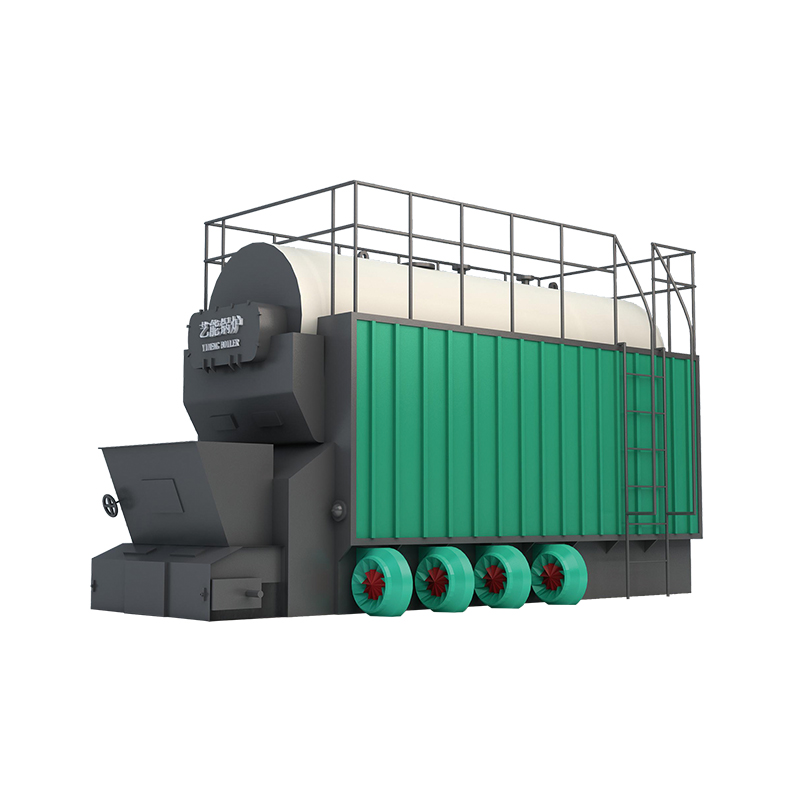How Long Can My Boiler Last?
One of the major benefits of using a hydronic boiler to provide heat to your house is that these systems often last longer than standard forced-air heaters such as furnaces and heat pumps. Boilers do not contain as many moving mechanical parts as forced-air heaters, and this slows down the speed at which they age.
But no boiler can last forever—yours will need to be replaced eventually. But when? How many years can you expect to get out of your current boiler before you get a new one?
As with all questions about the longevity of a heating system, the answer is “It depends.” Several factors affect the service life of a boiler, such as maintenance, repair, and its type. We’ll try to give you a short overview to help you consider the future of your home heating.
Skid mounted thermal oil boiler

Basic Life Expectancy Estimates
The estimated lifespan of a modern boiler is from 15 to 20 years. This is what most manufacturers list for their systems. We recommend homeowners start to consider a replacement when their boiler is more than 15 years old and has exhibited signs it is declining. For a boiler that is more than two decades old, we recommend even more vigilance over the unit, or possibly arranging for a replacement even if the boiler still seems to be doing well—there are new, high-efficiency boiler units that may be a good upgrade option.
Boiler Types
A boiler’s life expectancy will vary depending on the type. For example, electric boilers have shorter lifespans compared to gas boilers, often lasting from 8 to 10 years before their heating elements fail. High-efficiency gas boilers (a.k.a. condensing boilers) also have shorter service lives, usually around 15 years rather than the higher end of 20 years. This is because condensing boilers use a second heat exchanger and therefore have more exposure of combustion gas to the metal components, and this may cause earlier corrosion. The energy-savings of a condensing boiler usually offset the shorter service life.
Maintenance and Prompt Repairs
A crucial factor in boiler life expectancy is how well the system has been cared for. Boilers need annual maintenance from professional technicians or their service lives will fall drastically—possibly even get cut in half! The big danger with lack of maintenance is that corrosion will set in early. Another factor in boiler care is ensuring that a boiler has prompt repairs when it needs it. Delaying when the boiler is indicating it has a malfunction will cause it to wear down faster.
Do You Need a New Boiler?
We can help you answer this question if you’re on the fence. Sometimes, further boiler repair in Brighton, MI will keep a system going effectively and efficiently for a few more years. But the repairs might be too expensive, and it’s better to have a new boiler installed in that case. You can count on us to give you honest answers and the best service for your home’s future heating.
-
Efficient Thermal Oil Boilers with AI Optimization | Superior PerformanceNewsAug.03,2025
-
High-Efficiency OEM Steam Boilers w/GPT-4-TurboNewsAug.02,2025
-
Advanced Electric Steam Boiler Manufacturers | GPT-4 Turbo AINewsAug.01,2025
-
Custom Steam Boilers Manufacturer | AI-Enhanced EfficiencyNewsJul.31,2025
-
Top Electric Steam Boiler Makers | AI-OptimizedNewsJul.31,2025
-
Top Electric Steam Boiler Manufacturers - High Efficiency SolutionsNewsJul.30,2025

